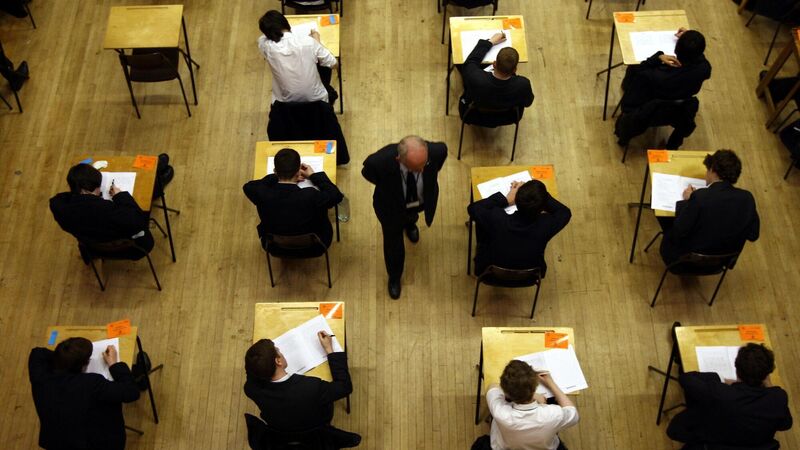No sex education for a third of senior secondary school students

More than 35% of surveyed second-level students said they have received no relationship and sexuality education (RSE) so far during their senior cycle of study.
Young adults say they are not learning enough about sex or relationships during their senior years in school, with one in three students indicating they received no classes on the topics.
More than 35% of surveyed second-level students said they have received no relationship and sexuality education (RSE) so far during their senior cycle of study.










